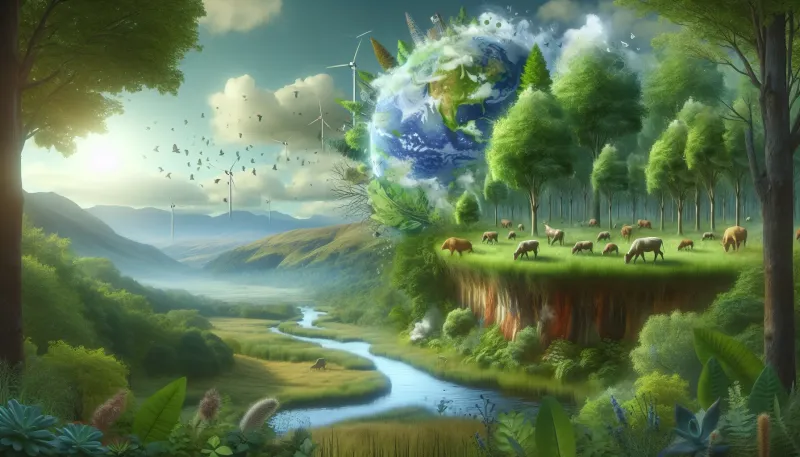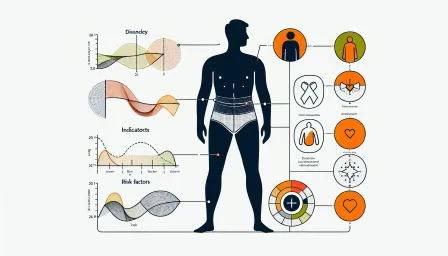The Surprising Environmental Impact of a Vegetarian Diet

Explore how a vegetarian diet can positively impact the environment. This article delves into the connection between dietary choices and ecological effects.
The connection between a vegetarian diet and environmental impact has gained a lot of attention in recent years. As the world's population continues to grow, our dietary choices play a crucial role in shaping the future of our planet. This article will explore various aspects of how a vegetarian diet can influence environmental sustainability, backed by research and expert opinions.
Understanding the Vegetarian Diet
A vegetarian diet typically excludes meat and fish but includes other animal products such as eggs and dairy. Some variations, like the vegan diet, also exclude all animal-derived products. The primary motivation for many choosing a vegetarian lifestyle includes health benefits, ethical reasons, and environmental considerations.
Environmental Benefits of Reducing Meat Consumption
Several studies indicate that reducing meat consumption can lead to significant environmental benefits. These include reduced greenhouse gas emissions, less water usage, and decreased deforestation and habitat destruction.
Greenhouse Gas Emissions
Livestock production is a major contributor to greenhouse gases such as methane and nitrous oxide. According to the Food and Agriculture Organization (FAO), it accounts for 14.5% of all human-induced emissions. Shifting to a vegetarian diet can drastically reduce these emissions, as plant-based foods generally have a lower carbon footprint.
Water Usage
Meat production is highly water-intensive. For instance, producing one pound of beef requires approximately 1,800 gallons of water, whereas growing one pound of vegetables requires only about 39 gallons. By adopting a vegetarian diet, individuals can significantly decrease their water footprint, which is crucial in a world where many regions face water scarcity.
Deforestation and Land Use
The expansion of agricultural land to accommodate livestock often leads to deforestation, which has serious repercussions for biodiversity and carbon sequestration. Plant-based diets require less land, thus helping to preserve forests and their invaluable ecosystems.
Soil Health and Fertility
Animal farming, particularly intensive livestock systems, can degrade soil health by overgrazing and increasing nutrient runoff, leading to soil erosion and fertility loss. A vegetarian diet, which relies more on diverse cropping systems, can promote healthier soil and sustainable agricultural practices.
Challenges and Considerations
While the benefits of a vegetarian diet are substantial, it is also essential to consider potential challenges. Nutritional balance, cultural habits, and economic factors can influence dietary choices. It is important to seek nutrition advice to ensure a well-rounded intake of essential nutrients, including protein, iron, and B12.
Role of Policy and Education
Government policies and educational initiatives play a crucial role in encouraging environmentally-friendly dietary practices. Subsidizing plant-based foods, implementing meat taxes, and promoting awareness about the environmental impacts of food choices can drive societal shifts towards more sustainable eating habits.
Conclusion
The environmental impact of a vegetarian diet is profound and far-reaching. By reducing greenhouse gas emissions, conserving water, and preserving natural habitats, a vegetarian lifestyle can significantly contribute to environmental sustainability. While there are challenges to overcome, the combined efforts of individuals, communities, and policymakers can pave the way towards a more sustainable future.
Adopting a vegetarian diet isn't just a personal choice; it's a step towards mitigating some of the most pressing environmental issues of our time.



























